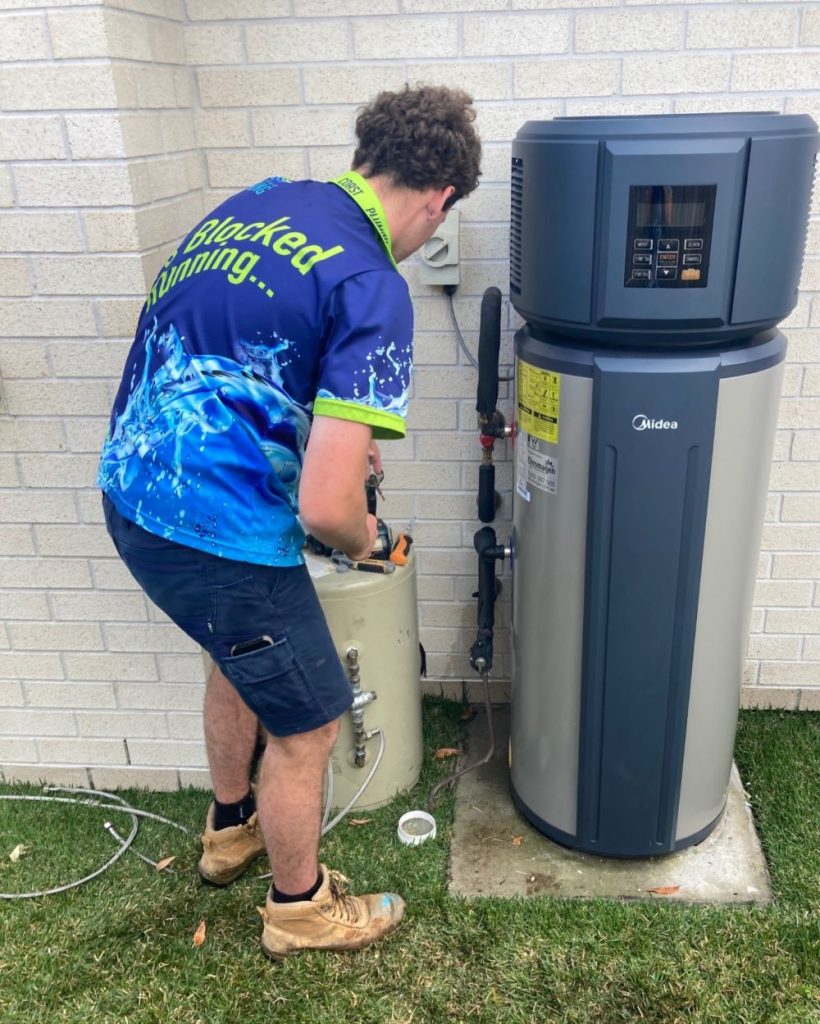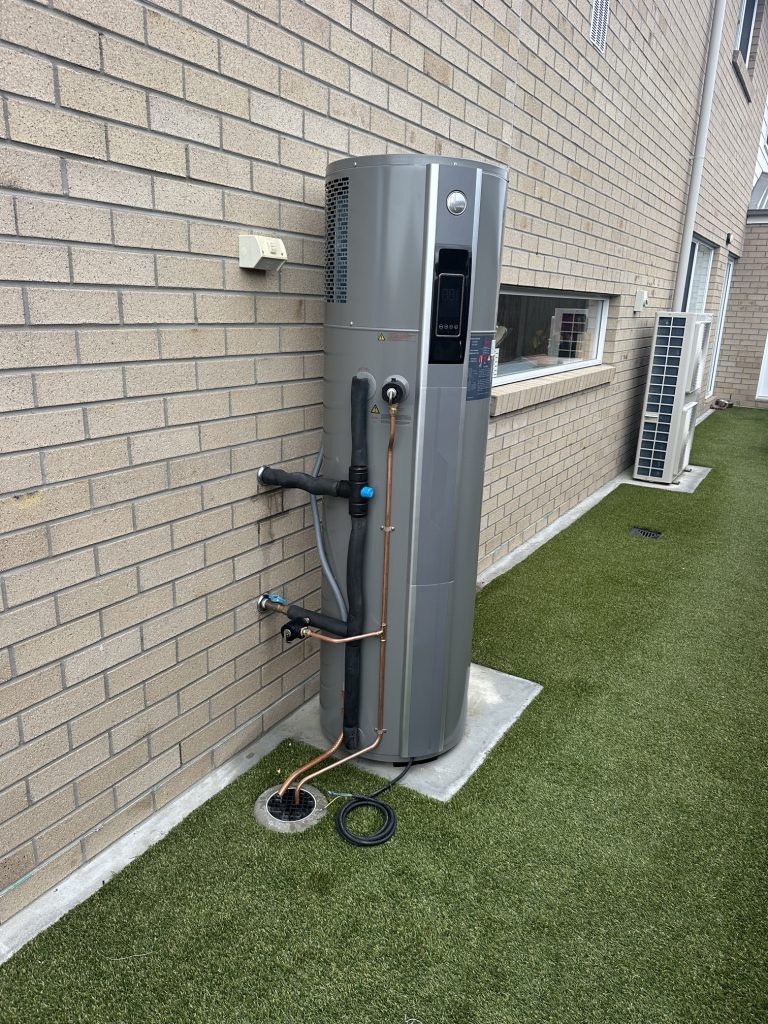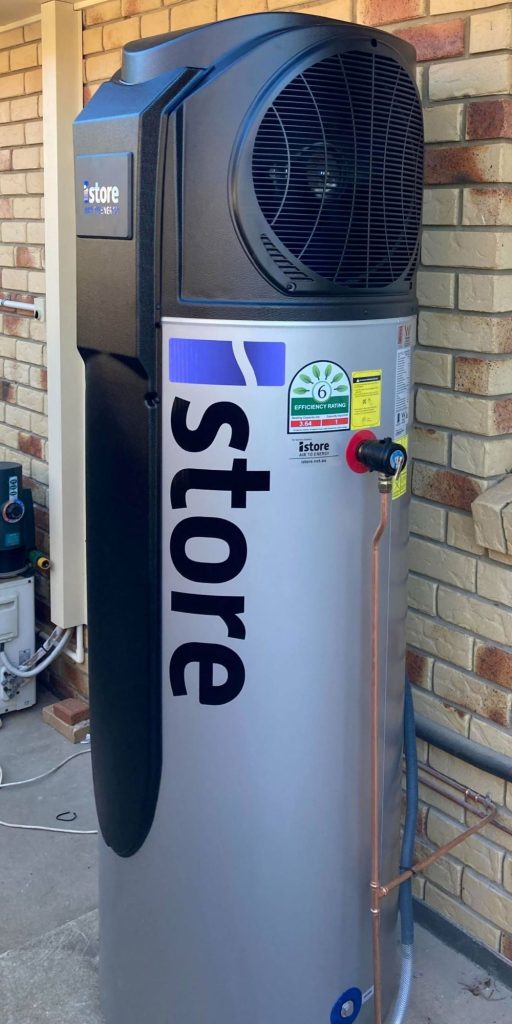Understanding the Unique Challenges of Selecting Hot Water Systems in Queensland's Diverse Climate
When it comes to selecting the ideal hot water system for your home situated in Queensland, the decision goes far beyond simply choosing a brand or considering the system's capacity. It requires a thorough comprehension of the intricate factors that influence its efficiency and effectiveness, such as the specific climate of the region, the prevalent humidity levels, varying electricity tariffs, and the daily water consumption of your household. With the continual rise in energy costs, many homeowners are increasingly opting for heat pumps due to their remarkable energy efficiency and sustainable nature. However, it’s essential to understand that these systems may not be universally applicable across all property types. A careful evaluation of all relevant factors is imperative to ensure optimal performance and longevity of your chosen hot water solution.
This article intends to delve into the operational principles of heat pumps within Queensland’s fluctuating weather patterns, pinpoint which types of residential properties stand to gain the most from these innovative systems, and dispel common misunderstandings that could result in suboptimal performance or misguided system choices.

Enhancing the Performance of Heat Pumps in Queensland's Coastal Regions
Heat pump water heaters function by drawing thermal energy from the surrounding air. Their operational efficiency significantly increases with rising air temperatures. In the coastal regions of Queensland, particularly in sought-after areas such as the Sunshine Coast, Brisbane, and the Fraser Coast, average air temperatures tend to remain above 5°C, even during the winter months. This consistent warmth enables heat pumps to operate efficiently throughout the year without requiring electric boosting or additional heating components, which are often necessary in colder climates. By harnessing this natural energy, homeowners can benefit from reduced energy expenses and a smaller carbon footprint.
Essential Environmental Factors That Enhance Heat Pump Efficiency
| Factor | Impact on Heat Pump Functionality | Coastal QLD Efficiency |
|---|---|---|
| Average ambient temperature | Higher = more efficient operation | ✓ Consistently maintained above 5°C |
| Humidity levels | Moderate improvements | ✓ Generally high and stable |
| Access to off-peak electricity | Lower operational costs | ✓ Widely available in most regions |
| Roof shading | Not a significant factor | ✓ No detrimental impact on system |
| Direct sunlight exposure | Not a necessity | ✓ Functions well in shaded conditions |
Identifying Conditions Where Heat Pumps May Underperform
Although heat pumps offer numerous advantages, there are specific scenarios in Queensland where their efficiency might not meet expectations:
- Inland or elevated regions
In locations such as Toowoomba or the Hinterland, nighttime temperatures can significantly drop during the winter months. In these cases, certain models of heat pumps may struggle to retain optimal efficiency without the support of a booster element, potentially leading to higher energy consumption and costs. - Constricted or poorly ventilated outdoor areas
Heat pumps require adequate airflow around their compressor units to function effectively. In cramped or enclosed spaces, the efficiency of heat extraction can diminish, and operational noise may increase, possibly causing disturbances for residents. - Large households with significant hot water demands
In homes accommodating more than six residents, systems designed for greater water storage capacities or faster recovery rates, such as solar-boosted gas systems, may be more beneficial for efficiently fulfilling high hot water requirements.
Dispel Myths About Heat Pumps in Queensland
“They become ineffective during winter.”
This misconception may hold true in colder southern regions, but it does not apply to Queensland. In areas where average temperatures consistently exceed 5°C, heat pumps remain effective throughout winter, providing dependable hot water solutions even during cooler periods.
“Solar panels are necessary for heat pumps to operate.”
This claim is misleading. Heat pumps can function independently of solar photovoltaic (PV) systems; however, integrating them with solar energy can further enhance your energy savings and sustainability.
“Heat pumps are overly noisy and disruptive.”
Modern heat pump systems are designed to operate much quieter than older models. When installed correctly in well-ventilated locations, the noise produced by the compressor unit is usually minimal, thus maintaining a comfortable living environment.
Proven Strategies for Optimising Heat Pump Installation and Performance in Queensland
- Select a system designed for Australian conditions
Opt for models that showcase high-efficiency ratings and dependable local support, such as istore or Stiebel Eltron, which are renowned for their exceptional performance within the Australian climate. - Install in a well-ventilated yet shaded location
Although heat pumps do not require direct sunlight, sufficient airflow around the unit is essential for optimal function and efficiency. - Incorporate timers or smart controls
By scheduling the system to operate during solar energy generation periods or during off-peak electricity hours, you can significantly boost energy savings and lower costs. - Ensure your system is correctly sized
A capacity of 250–300 litres is typically adequate for the needs of most families. An undersized system may lead to performance issues and an increased reliance on boosting mechanisms, which can elevate energy consumption.
The Crucial Importance of Local Expertise for Successful Heat Pump Installations
The installation of a heat pump necessitates a tailored approach to achieve the best possible results. Optimal outcomes are most effectively realised by engaging a local plumber who is well-versed in:
- Performance tailored to local climate conditions, ensuring maximum efficiency
- Eligibility for rebates such as Small-scale Technology Certificates (STCs) and various Queensland government incentives designed to promote energy efficiency
- Optimal positioning and ventilation strategies for the unit to enhance overall performance
- Integration with solar PV systems or battery storage solutions, if applicable, to maximise energy efficiency
At Creek to Coast Plumbing, we excel in providing and installing high-performance hot water systems, including heat pumps, throughout the Sunshine Coast and Moreton Bay regions. Our dedicated team is here to assist you in identifying which type of hot water service best meets your needs. As the demand for energy-efficient hot water solutions continues to rise, many individuals are evaluating solar options against heat pumps. We will assess the specific conditions of your home, recommend the most suitable system, and ensure you are equipped for optimal efficiency.
Discover more detailed information about our Heat Pump Hot Water Installations or reach out to us for a bespoke recommendation tailored to your specific requirements.
The Article: Heat Pumps in Queensland: Effective Solutions and Pitfalls first appeared on https://writebuff.com
The Article Heat Pumps in Queensland: Benefits and Challenges Explained Was Found On https://limitsofstrategy.com



